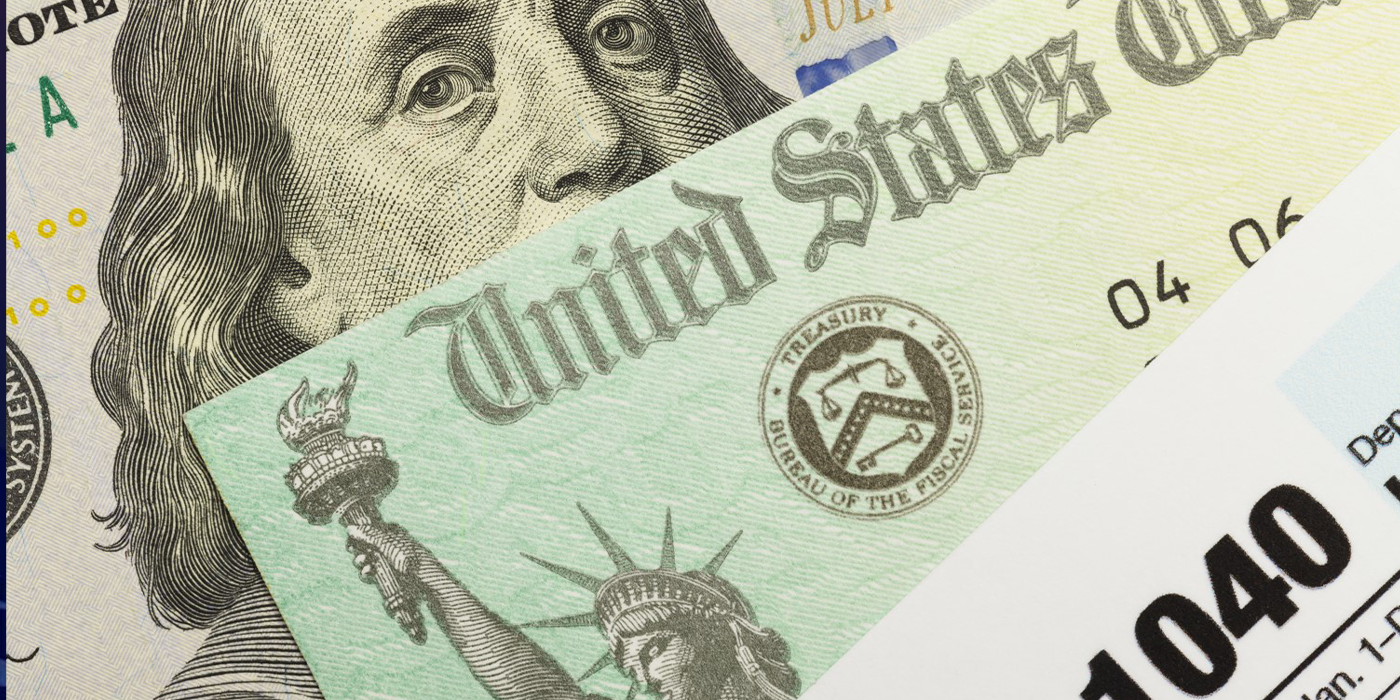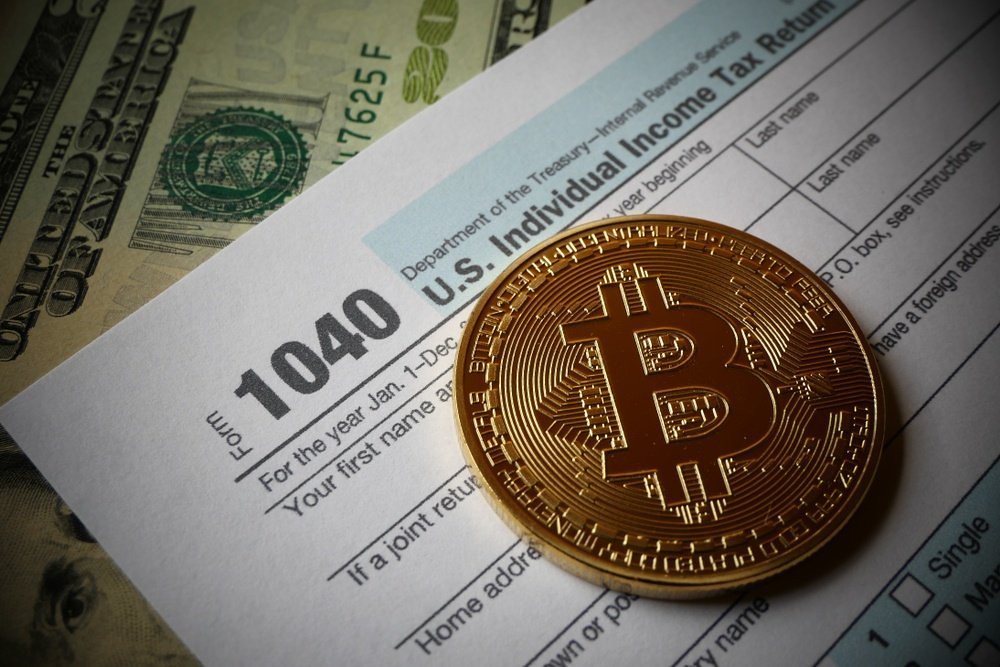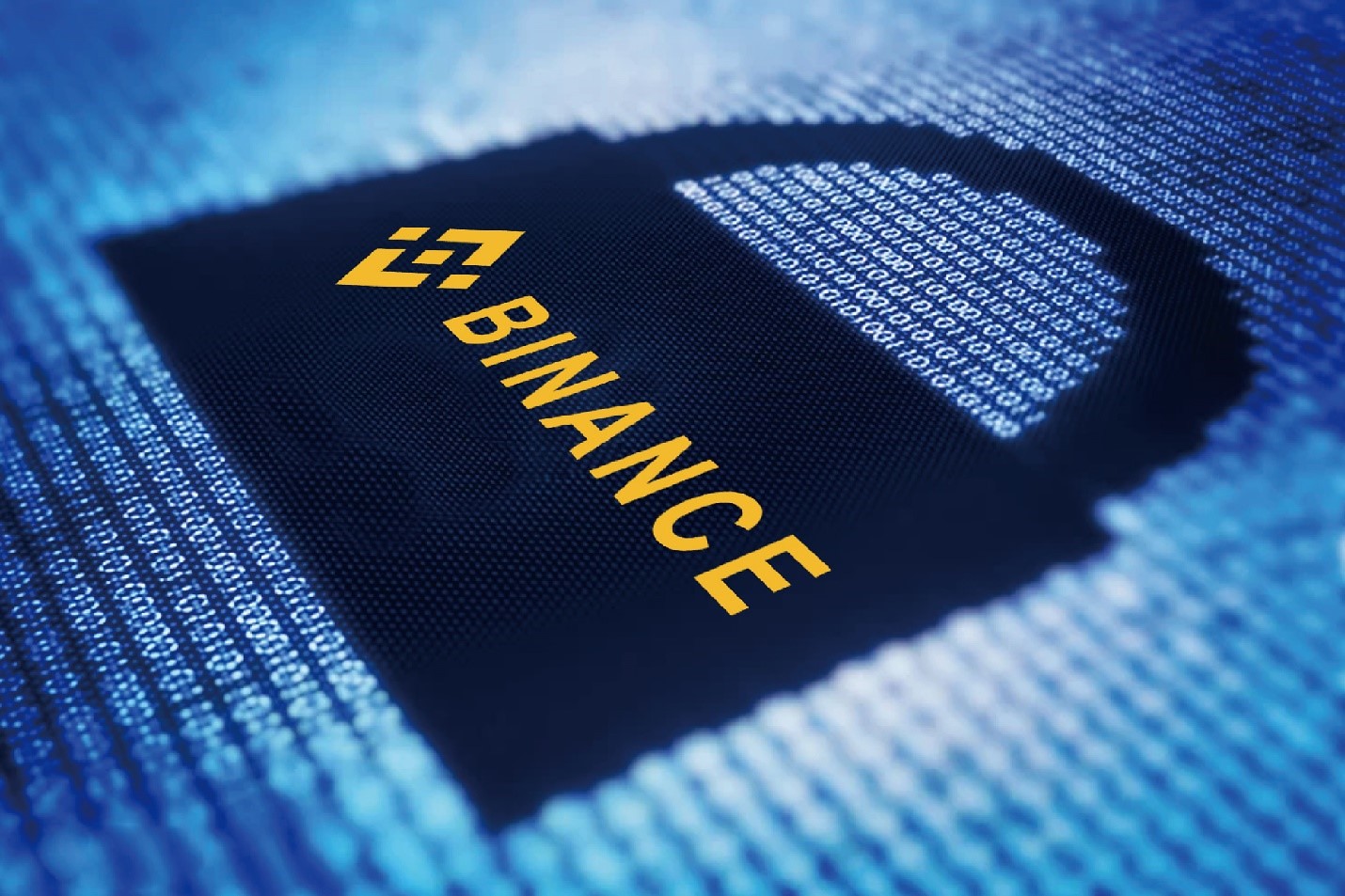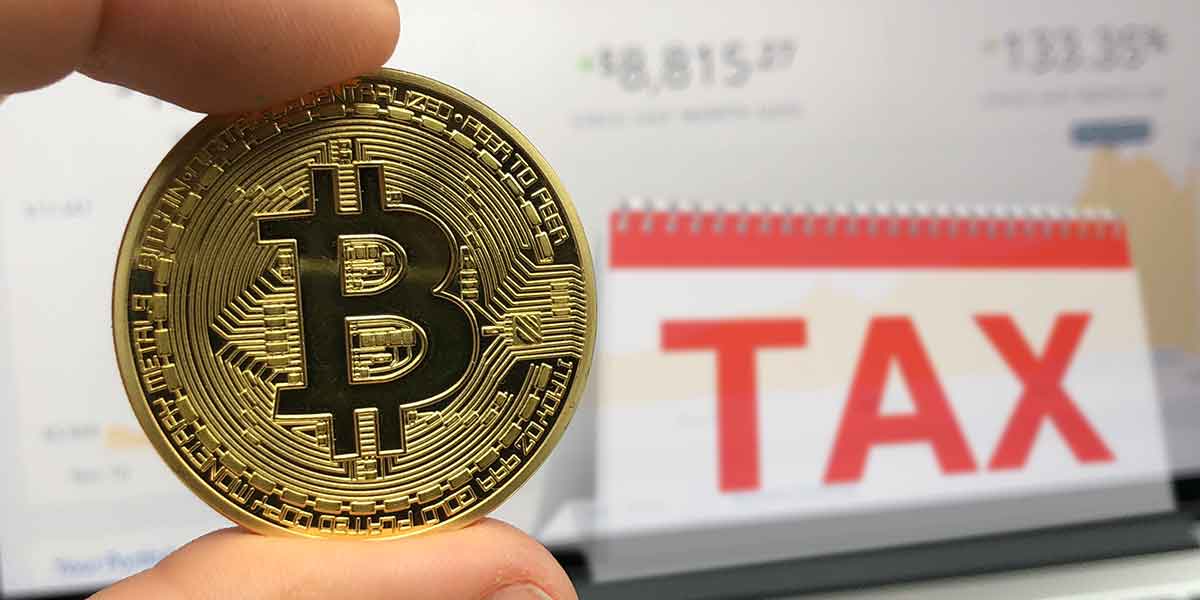What is a Crypto Collateralized loan?
A crypto collaterized loan is a type of borrowing where you stake cryptocurrency as collateral to borrow against funds receiving (typically another cryptocurrency).
Example of a crypto collaterized loan
For example to apply for a loan of $1,000 AUD worth of USDT stablecoin you could use $2,000 AUD worth of Bitcoin (BTC) as collateral which would set the LTV (Loan to Value Ratio) to 50%.
- Borrowed Coin = The crypto that you borrowed from the loan.
- Collateral Coin = The crypto that you used to fund for the loan.
This type of loan is also known as a CLO – collateralized loan obligation, where the Collateral Coin price vs the Borrowed Coin price can fluctuate based on the market directly affecting the LTV of the loan and produce a margin call or even liquidation.
Below are some common tax questions to help you with your fiat-liquidity crypto collaterized loan decisions.
Common Crypto Loan Tax Questions Answered
ASIC Rulings on Loans?
All lenders must be licensed with ASIC and have an Australian Credit Licence Number to be able to offer loans in Australia. Majority of crypto backed loans currently available are via non-Australian companies, and therefore don’t fall under the ASIC lending rules for offering crypto loans. Be aware that you are not protected under ASIC when taking a loan from an overseas crypto loan provider if problems were to occur.
Can you claim back the interest on the loan as a tax deduction in Australia?
If you have taken the loan for personal reasons, then the loan and the interest portion of the loan are not tax deductible. If the loan is being used for either business purposes or investment purposes, then the interest paid portion of the loan can be claimed back as a tax deduction against the earnings received from the business activity or investment income earned. It is best to seek professional advice to determine tax deductibility as everyone’s circumstances are different.
Do you pay capital gains tax on the Bitcoin once you’ve closed off the loan?
Because you have collateralized your loan with crypto, you still hold ownership of the original crypto that was collateralized. You would pay capital gains tax as normal upon disposal of that crypto. For the crypto that is received (the loan), if the value goes up in the time you received the loan to when you dispose of that crypto, then you will pay capital gains tax. If however, the value goes down, then it would be classed as a capital loss on disposal.
Are there any tax differences between lenders? Or its all the same?
There is no tax differences between lenders, except for the interest rate. If you have a higher interest rate, then you will receive a higher tax deduction if the loan is not for personal reasons. The main difference to consider between lenders would be creditably of the loan provider so check if they have an Australian Credit Licence Number with ASIC.
Do you pay tax on the loan when you borrow it? Ie If you borrowed $3,000 worth of LTC and then transferred it to AUD and withdrew it to your bank account.
You are not required to pay tax on the value of the loan borrowed but if the value of the crypto increases prior to disposing of it, then you would be required to pay tax on the difference. For example, if you borrowed $3,000 worth of LTC held on to it for a few days, then sold the LTC to AUD but because LTC value had increased over those few days, the value of AUD ($3,200) received into your bank account would be higher than $3,000. You would be required to pay tax on the difference being $200 capital gain. If you withdrew LTC to AUD bank account at the same value that you borrowed it, then although it is a disposal of LTC you would have no tax to pay.
If you repay (close) your loan and your Collateral Coin increased in value do you pay tax on that? It’s an unrealised gain so no right? However, if the value decreased are you able to claim that back (offset) somehow?
It only becomes a taxing event on disposal of the collateral coin. So if the value increases and you haven’t sold the collateral coin, then the gain is unrealised and not taxable yet. Likewise, if the value decreases and you haven’t sold the collateral coin, then the loss is unrealised, and not a taxable event until sold and therefore you are unable to claim the loss against other income.
If the loan gets liquidated, whats the Tax implications on that?
If the loan gets liquidated, then this means the crypto gets disposed to cover the loan. It becomes the taxing point for the crypto disposed. If the liquidation price is higher than the original purchase price of the crypto it will be a capital gain, otherwise it will be reported as a capital loss. Note that capital losses cannot just be offset against other ordinary income, they can only be offset against capital gains.
If you adjust the LTV ratio or or get a margin call and put more Collateral Coin into the loan, does that affect the tax in any way?
As long as you are not disposing of any cryptocurrency, then it is not a tax event. For example, if you just put more Collateral Coin into the loan, you are reducing the risk of the loan being margin called or being liquidated.
Does a Crypto Backed Loan get taxed differently if I am a Crypto Trader instead of a Crypto Investor?
If you are classified as a crypto trader because of the volume of crypto transactions that you are involved with, then you may not be able to use the capital gains method, which means that any unrealised gain you may make by the end of the financial year (30 June) will be taxable.
Any specific ASIC considerations for collateralized loans?
N/A
How to Get a Bitcoin Backed Loan in Australia
See our guide on How To Get A Crypto Backed Loan With Binance Australia for instructions on how to apply for a Bitcoin backed loan within Australia.
The answers in this article we’re provided to us by an Australian Tax Expert. If you spot any mistakes, or have any additional questions you would like to ask, please let us know.
Get Tax Help
References










